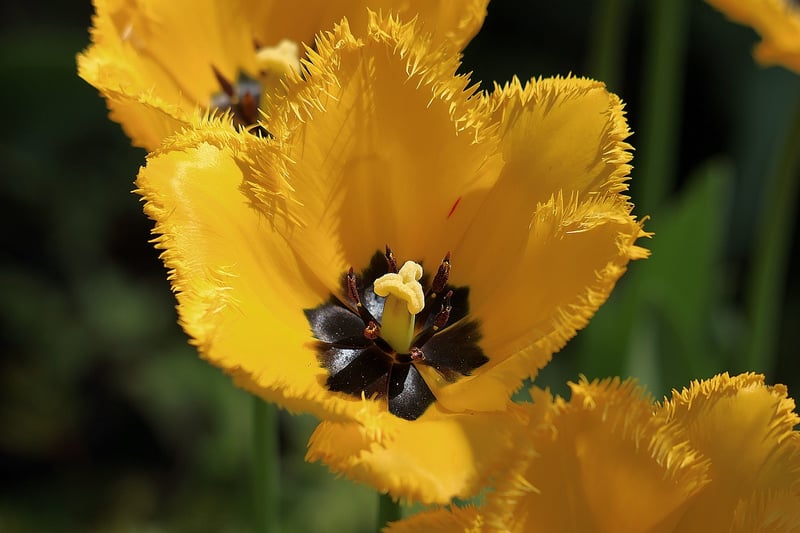Beneficial Insects
Enhance Your Garden: Protecting Your Plants with Beneficial Insects

Having a thriving garden is the dream of every plant enthusiast. However, maintaining a garden that is free from pests can be a constant battle. One effective and eco-friendly way to protect your plants is by inviting beneficial insects into your garden. These tiny allies can help control harmful pests naturally, reducing the need for chemical pesticides.
Who are Beneficial Insects?
Beneficial insects are insects that prey on or parasitize garden pests. They act as natural pest control agents, helping to maintain a healthy balance in your garden ecosystem. Ladybugs, lacewings, parasitic wasps, and ground beetles are just a few examples of beneficial insects that you can attract to your garden.
How Beneficial Insects Help Your Plants
Beneficial insects play a crucial role in keeping pest populations in check. Ladybugs, for example, feed on aphids, mites, and other soft-bodied pests that can damage your plants. Lacewings are voracious predators of aphids, caterpillars, and other pests. By introducing these beneficial insects into your garden, you can reduce the damage caused by harmful pests without resorting to chemical interventions.
Attracting Beneficial Insects to Your Garden
Creating a welcoming environment for beneficial insects is essential to ensure they stay in your garden. Some ways to attract these helpful bugs include planting a diverse range of flowers, herbs, and native plants to provide food and shelter. Avoid using broad-spectrum pesticides that can harm beneficial insects along with pests.
Examples of Plants that Attract Beneficial Insects
- Lavender
- Dill
- Fennel
- Marigold
- Sunflower
- Yarrow
Conclusion
By harnessing the power of beneficial insects, you can protect your plants in a natural and sustainable way. Encouraging a diverse ecosystem in your garden not only benefits your plants but also promotes biodiversity and reduces the need for harmful chemicals. So, next time you spot a ladybug or a lacewing in your garden, remember that they are nature's own pest control agents working hard to keep your plants healthy and thriving.
Remember, a healthy garden is a happy garden!
